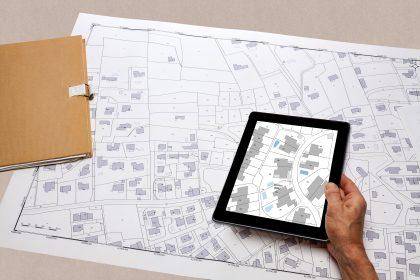The cadastre is divided into:
- land register: for agricultural land, rural buildings at their service, uncultivated land, public roads and water exempt from appraisal;
- building register – NUOVO CATASTO EDILIZIO URBANO (N.C.E.U.): for all urban and rural buildings.
The main information reported in the land register concerns the area, the firm and the economic characteristics.
In the land register, the income is divided into:
- Dominical income: determined by the appraisal rates approved by each municipality for each class, quality of land for its area.
- Agricultural income: is the remuneration deriving from the exercise of the agricultural activity.
The re-evaluated dominical income – in some cases expressly provided by law – is taken into account for the calculation of registration, mortgage and cadastral taxes. . Taxes are normally calculated on the selling price.
The register of buildings contains all buildings, for industrial, commercial or civil use.
Specifically, for each building, are indicated:
- Cadastral identification: name of municipality, section, map, particle and subaltern numbers;
- Address
- Profitability class: each category is divided into classes according to its ability to generate income. The income capacity of an asset is estimated according to its positional characteristics.
- Number of rooms or net surface;
- Cadastral income: ordinary income after conservation and before tax;
- Cadastral category: codes relating to the use of the property, divided into groups (for example, for ordinary buildings: Group A (housing, private offices), Group B (hospital schools, public offices), Group C (commercial/private craft activities).
The registration taxes for the sale of real estate are usually calculated on the re-evaluated cadastral income, except for special cases.
The reform of the land register that has been mentioned for some time aims to solve problems and limits of the current land register such as the disconnection between the values of the land register and the values of the real estate market, the non-registration of a substantial share of real estate (over 1 million units), the lack of evidence of property and other rights.

The aspect that fascinates me most about real estate mediation is being able to find the property that will make you fall in love and feel at home, be the balance point of the negotiation and be able to satisfy all the parties involved, making the deal winning and exciting for everyone.






